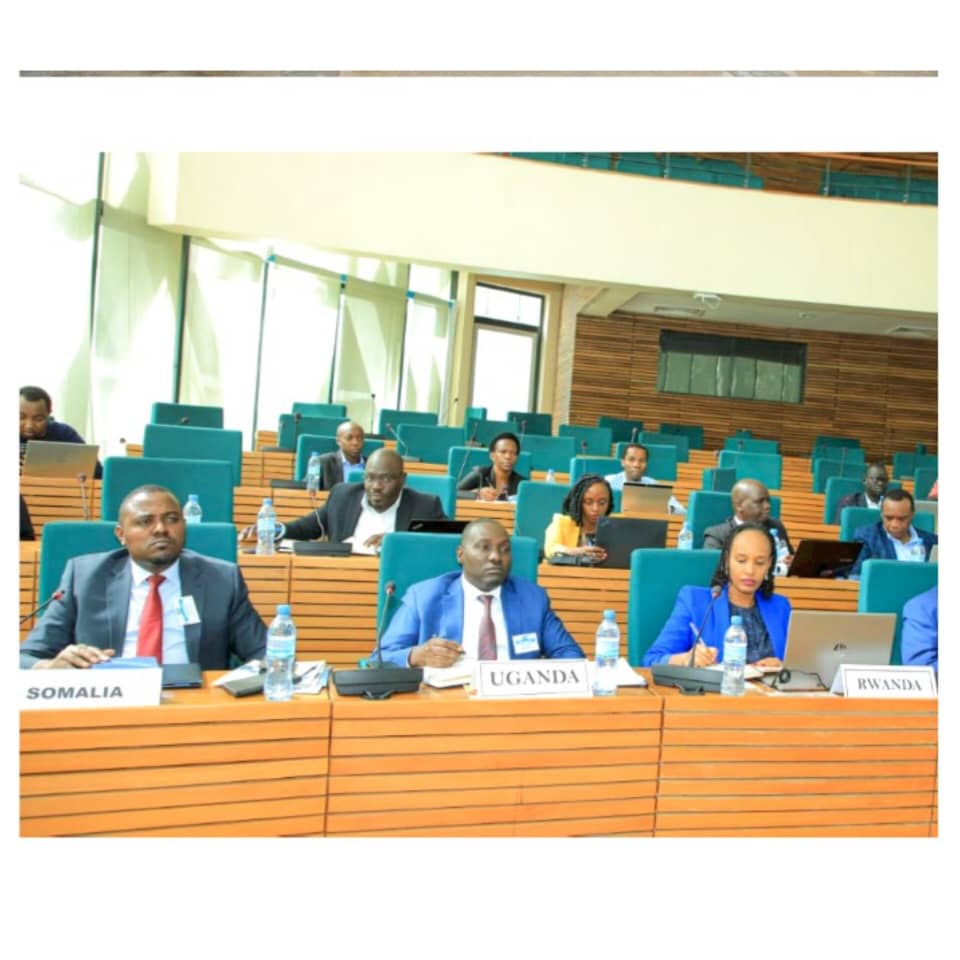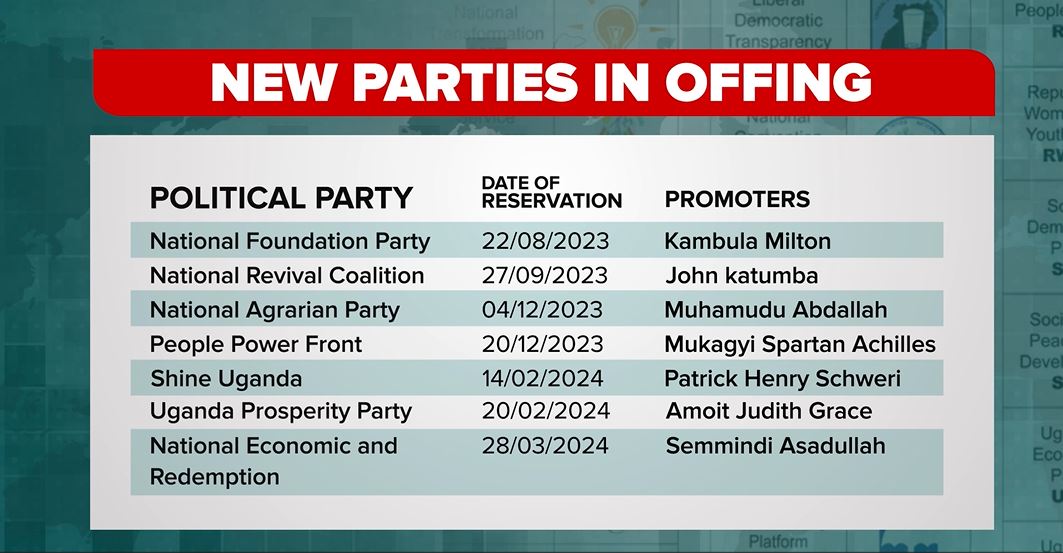Why URA introduced electronic receipting, invoicing solution
Electronic Fiscal Receipting and Invoicing Solution(EFRIS) is an initiative under the Domestic Revenue Mobilization Program whose aim is to address the tax administration challenges relating to business transactions and issuance of receipts.
It is a new smart business solution used to record business transactions and share the information with URA in real time (concurrently).
Keep Reading
According to the officials,the system involves the use of e-invoicing through the URA web portal and direct communication with business transaction systems, electronic Fiscal Devices (EFDs) and Electronic Dispenser Controllers to manage the issuance of e-receipts and e-invoices.
Why the introduction of the system?
According to the official,the introduction of e-receipting and invoicing is aimed at addressing challenges including suppression of sales where some businesses, especially those that deal in general goods, were avoiding generating receipts and so their actual turnover was not reflecting in their tax returns.
Other challenges that will be solved by the introduction of the system include;non issuance of tax receipts / invoices,false refund and offset claims,fictitious purchases with no physical movement of goods among others.
Why EFRIS is mandatory to use
The Commissioner gazette taxpayers for whom it shall be mandatory to use EFRIS and official said it is mandatory for all VAT registered tax payers to enroll on the system.
However, those outside this category are advised to implement EFRIS ad take advantage of the various benefits.
What is the registration process for EFRIS?
The taxpayer accesses the EFRIS link on the web portal https://www.ura.go.ug and then logs in using their portal credentials.
How does EFRIS work?
When a sale is made, transactional details are captured in the seller’s invoicing system (ERP) or point of sale, encrypted and transmitted to URA in real time to generate e-receipts and e-invoices.
Upon receipt of the transactional details, EFRIS decrypts the data and formats it into an e-receipt or e-invoice by attaching key features like the fiscal document number,a verification code, a quick response code among others.
What are the components of EFRIS?
E-invoicing:The e-invoicing component supports issuance and storing of invoice information (Billing and charges) in an electronic format through;system to system connections,the URA web portal,the Desktop (Client Application) among others.
Electronic Fiscal Device (EFD):This is a device with fool proof or inaccessible fiscal memory certified by a tax authority used to efficiently manage and control sales.
Electronic Dispenser Controller (EDC):This is specifically designed to manage fuel and gas stations.
In this case,taxpayers who cannot afford to purchase an EFD or ERP system are advised to use either the URA web portal or the Desktop Application.
What are the benefits of EFRIS?
Refund claims using e-receipts or e-invoices shall be fast-tracked given that the information shall be available in the system.
This is a step in enabling URA avail taxpayers with prefilled tax returns in future to minimise delays and costs involved in filling tax returns.
How EFRIS functions
Registration:All persons registered with URA have an EFRIS account and can access it with their registered TIN and password.
Stocking Management:The stock management process starts with product /service configuration where the taxpayer selects all the products/services that they deal in from the EFRIS product list.
How safe is the taxpayer’s transaction data?
In respect to information security, URA has a statutory duty under the TPC Act, 2014 to keep taxpayer’s information confidential.
As such, URA’s data management policies and procedures always give priority to information security and access to data internally is defined according to users and access levels.
What are the penalties for non-compliance in regard to EFRIS?
Section 73B of the Tax Procedures Code Act 2014 spells out these penalties which include;A taxpayer specified in the gazette, for whom it shall be mandatory to use EFRIS and does not adopt the use of EFRIS is liable to pay a penal tax equivalent to the tax due on the goods or services, or four hundred currency points, whichever is higher
Other penalties are;a taxpayer specified in the gazette, for whom it shall be mandatory to use EFRIS and does not issue an e-receipt or e-invoice or tampers with an EFD is liable to pay a penal tax equivalent to the tax due on the goods or services or three hundred currency points, whichever is higher.



















